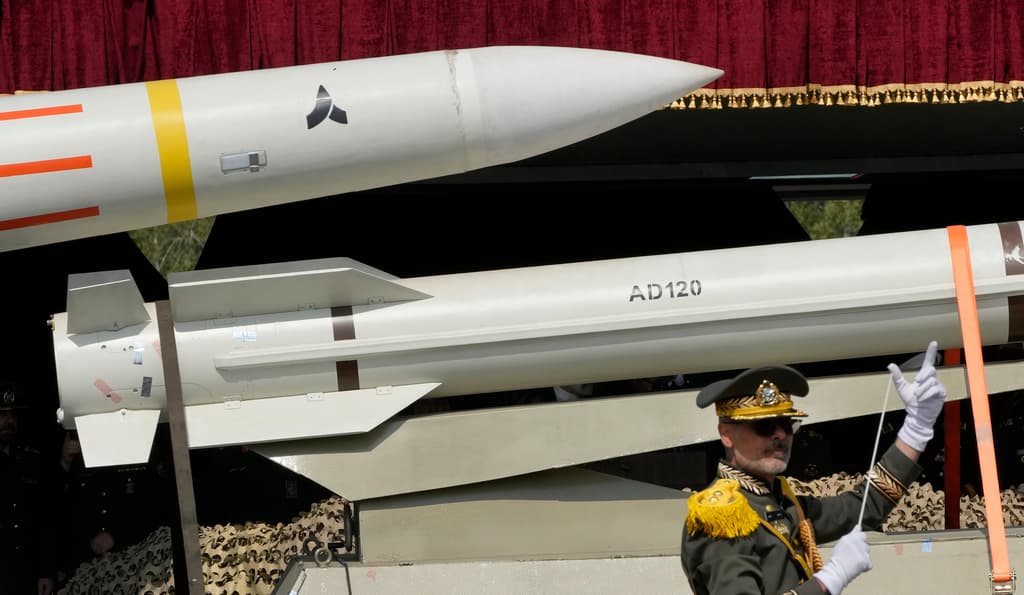Iran Increases Its Uranium Stockpile to Near Weapons-Grade Levels, UN Nuclear Watchdog Says
Iran is seeking to have economic sanctions imposed over the country’s controversial nuclear program lifted in exchange for slowing the program down.

VIENNA — Iran has further increased its stockpile of uranium enriched to near weapons-grade levels, according to a confidential report on Monday by the United Nations’ nuclear watchdog, the latest in Tehran’s attempts to steadily exert pressure on the international community.
Iran is seeking to have economic sanctions imposed over the country’s controversial nuclear program lifted in exchange for slowing the program down.
A login link has been sent to
Enter your email to read this article.
Get 2 free articles when you subscribe.
